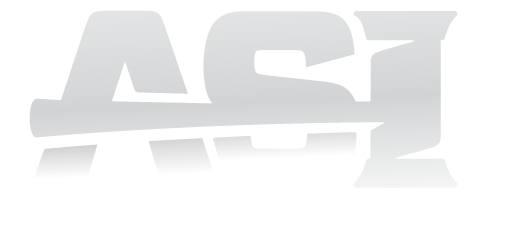Meet with the current members at our EPC Outreach Table
Tuesdays and Thursdays from 9:30 am to 12 pm on the campus walkway adjacent to the Biological Sciences Building.
Under the leadership of the ASI Environmental Affairs Commissioner, the Environmental Policy Committee (EPC) formulates and encourages the adoption of policies that will make Cal State LA and the CSU System more environmentally sustainable. The Environmental Affairs Commissioner and EPC act as education agents with respect to environmental sustainability and environmental justice in our community.
The Environmental Policy Committee formulates and encourages the adoption of policies that will make ASI's internal practices more environmentally sustainable. In addition the committee also seeks:
- To collaborate with the Campus Sustainablity Committee to formulate and encourage the adoption of policies that will make Cal State LA a more environmentally sustainable campus
- To educate the on-campus community on the topic of environmental sustainability and environmental justice
- o formulate and encourage the adoption of policies that will make the California State University system more environmentally sustainable working primarily through the California State Student Association
What is Sustainability?
A sustainable society is one that is environmentally viable, economically robust, and socially just and equitable one that meets the needs of the present without compromising the resources for future generations. Sustainability presumes that resources are finite, and should be used conservatively and wisely with a view to long-term priorities and consequences of the way in which resources are used. Superior sustainable practices simultaneously consider ecology, economy, social equity and aesthetic elegance.
We can look at almost any aspect of our daily lives through this lens of sustainability, from waste to food, from clothing to cars, from our education to our interactions with other cultures. From transcontinental travel to the geopolitical balance of power across the globe, we can ask ourselves this question in virtually every sphere of our lives: in the long term, is this sustainable, can this be continued indefinitely into the future?
If the answer is no, then it is time to start looking for constructive alternatives. As a university, we have a special role in society as educators, as knowledge creators, as leaders and innovators. It will require much effort on our part to engage our community to foster and support partnerships that work to create a more ecological, equitable, and economically viable community and region, but if we work together in the spirit of compassion and collaboration, we will succeed in creating viable alternatives for a thriving human society. - adopted from our eco partners at UCLA Sustainability
